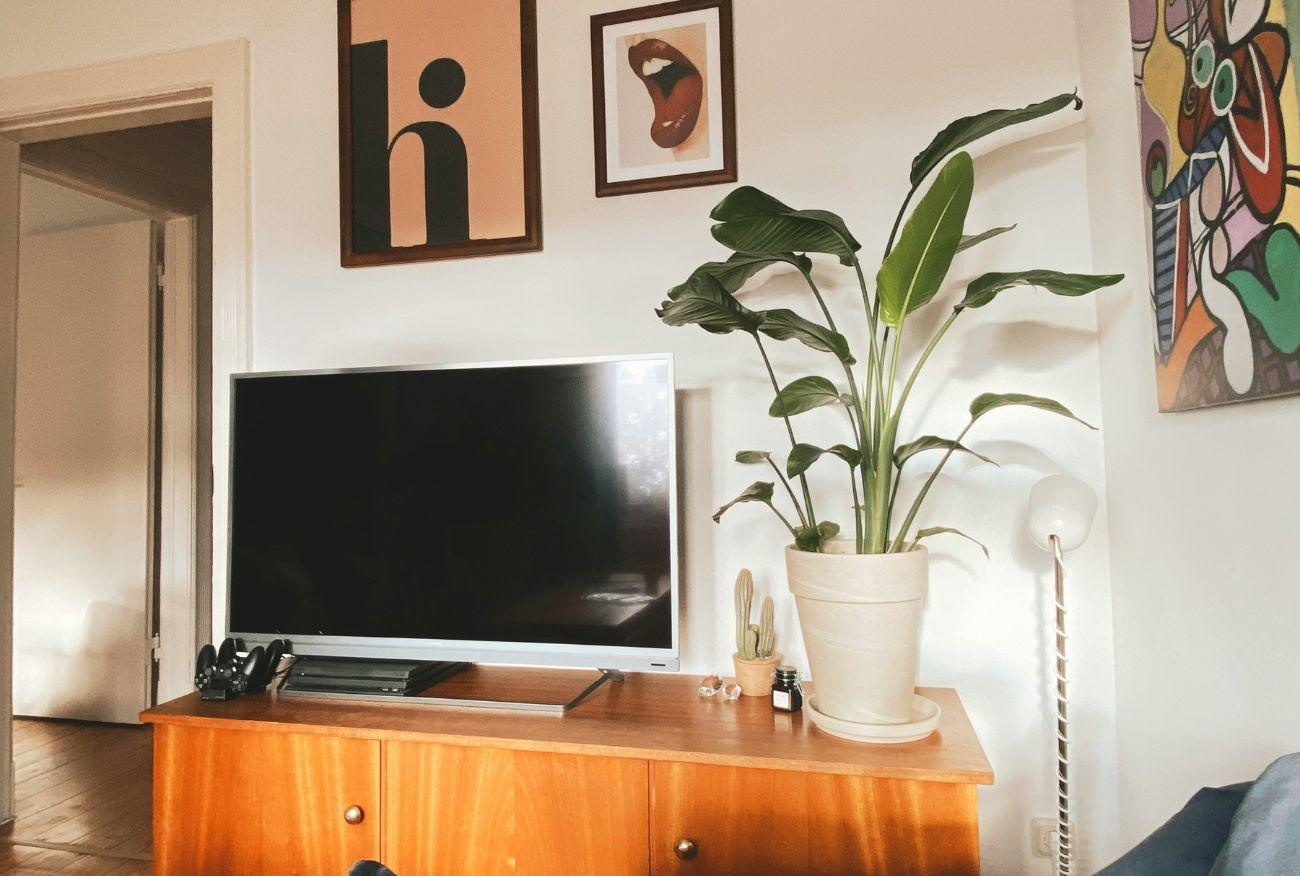
The psychology of color in wall decoration: how to choose the right shade
Color plays a crucial role in how we experience a space. It influences our mood, our behavior, and even our energy levels. Whether you want to give your living room a fresh look or transform your bedroom into a peaceful oasis, the right wall art can make all the difference. At WallArtistic, we understand that color is more than just an aesthetic choice—it's a powerful tool that can elevate your interior.
But how do you choose the right color for your posters and decorations? In this blog post, we delve into the psychology of color and give you practical tips for choosing the perfect shade for your interior.
The influence of color on our emotions
Every color evokes specific emotions and feelings. Therefore, it's important to carefully consider the atmosphere you want to create in a room. Below, we discuss some common colors and their psychological effects:
-
Blue : Calming, refreshing, and conducive to concentration. Ideal for bedrooms, offices, and study spaces.
-
Red : Energetic, powerful, and stimulating. Perfect for dining rooms or spaces where you want to create a vibrant and dynamic atmosphere.
-
Green : Natural tranquility and balance. Green has a relaxing effect and is therefore a good choice for living rooms and relaxation areas.
-
Yellow : Cheerful and uplifting. Yellow radiates warmth and positivity and works well in kitchens and living rooms.
-
Neutral tones (white, beige, gray) : Timeless, versatile, and elegant. They form the perfect foundation for any interior and can be easily combined with accent colors.
How do you choose the right color for your interior?
Choosing the right color for your wall decor depends on several factors, such as the room's function, the amount of natural light, and your personal preferences. Here are some helpful tips to help you make the right choice:
-
Determine the space's function . Consider how you want to use the space. Do you want to create a calm, relaxing atmosphere or an energetic and inspiring space? Choose colors that reflect this function.
-
Consider the light. Natural light has a significant impact on how a color appears. Lighter shades reflect light and make a room feel larger and airier, while darker colors create a cozy and intimate atmosphere.
-
Combine colors harmoniously. Consider using a color palette that complements your furniture and accessories. A combination of complementary colors can create a playful effect, while tone-on-tone shades create a calming look.
-
Consider your personal style. Ultimately, your interior should reflect your personality and taste. Choose colors that make you happy and feel good.
The power of wall decoration
Wall art is an easy way to add color to your interior without making drastic changes. Posters, paintings, and art prints can instantly enhance a room's character and ambiance. At WallArtistic, we offer a wide range of stylish and inspiring designs, so you're sure to find something that perfectly complements your interior and desired ambiance.
Conclusion
The psychology of color plays a significant role in how we experience a space. By consciously choosing colors that complement a room's function and your personal style, you can create a harmonious and atmospheric interior. Whether you choose soothing blues, energetic reds, or neutrals that are easy to combine, wall art can help bring your interior to life.
Looking for inspiration? Discover our collection of wall decor and choose the perfect colors to make your home even more beautiful!

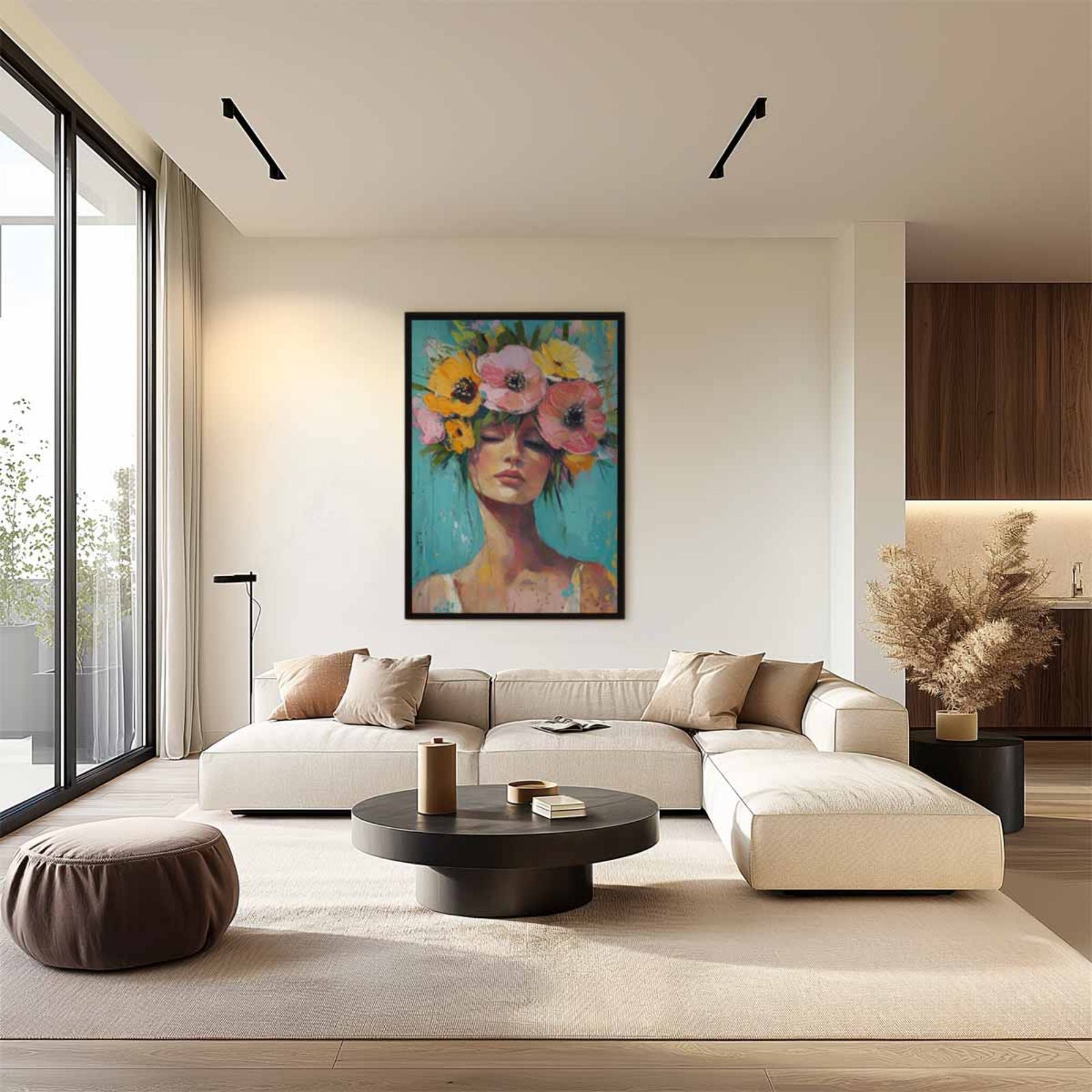
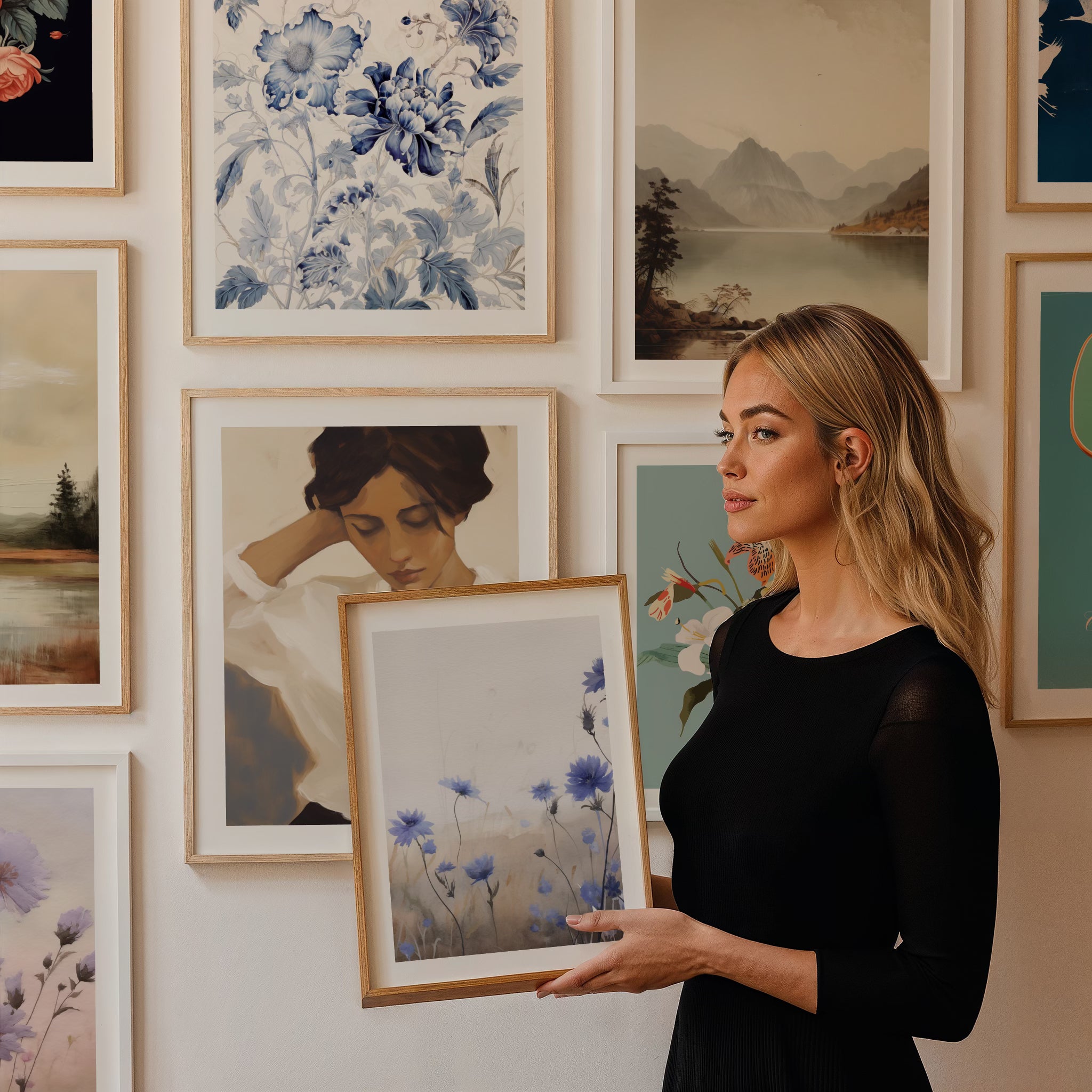
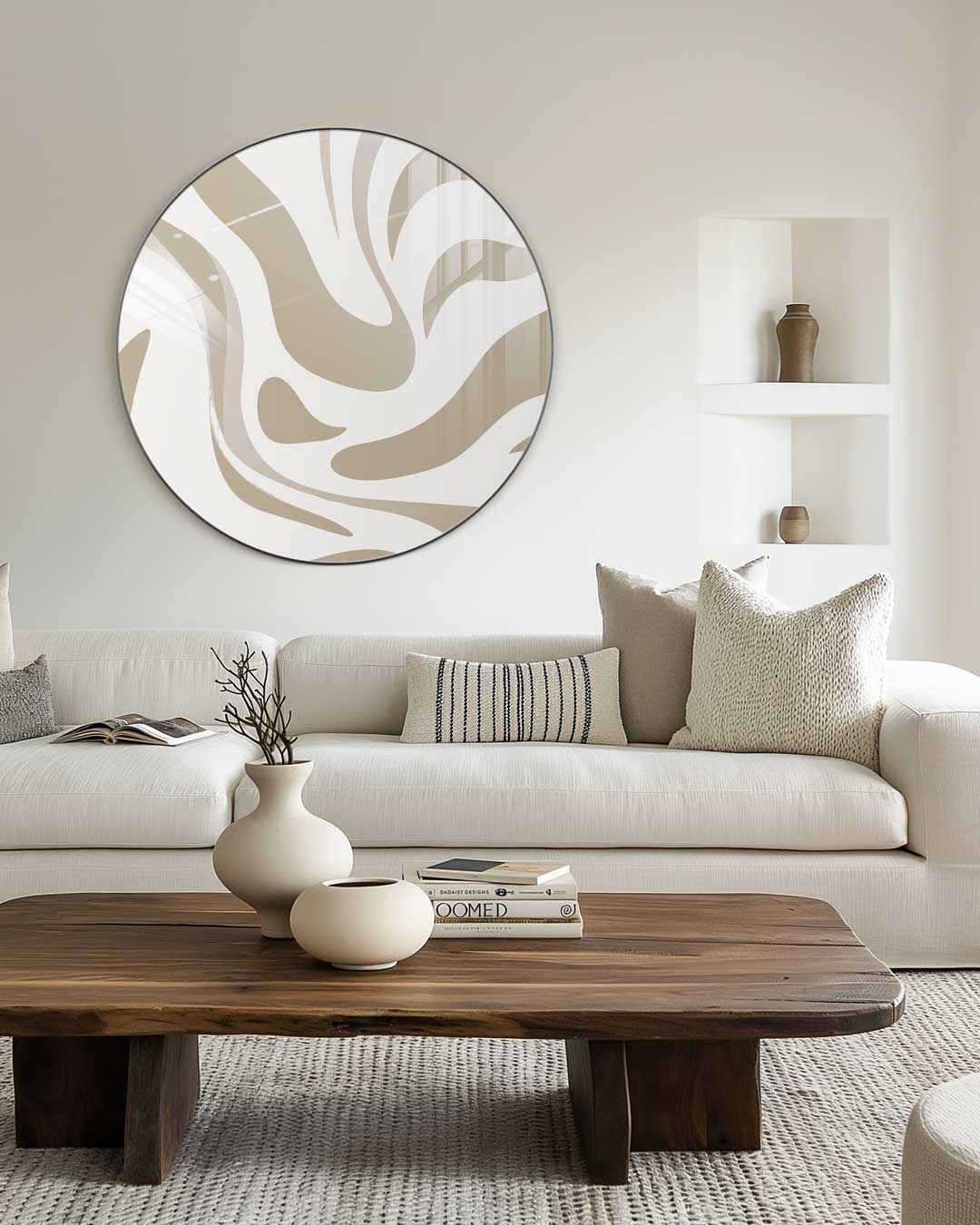
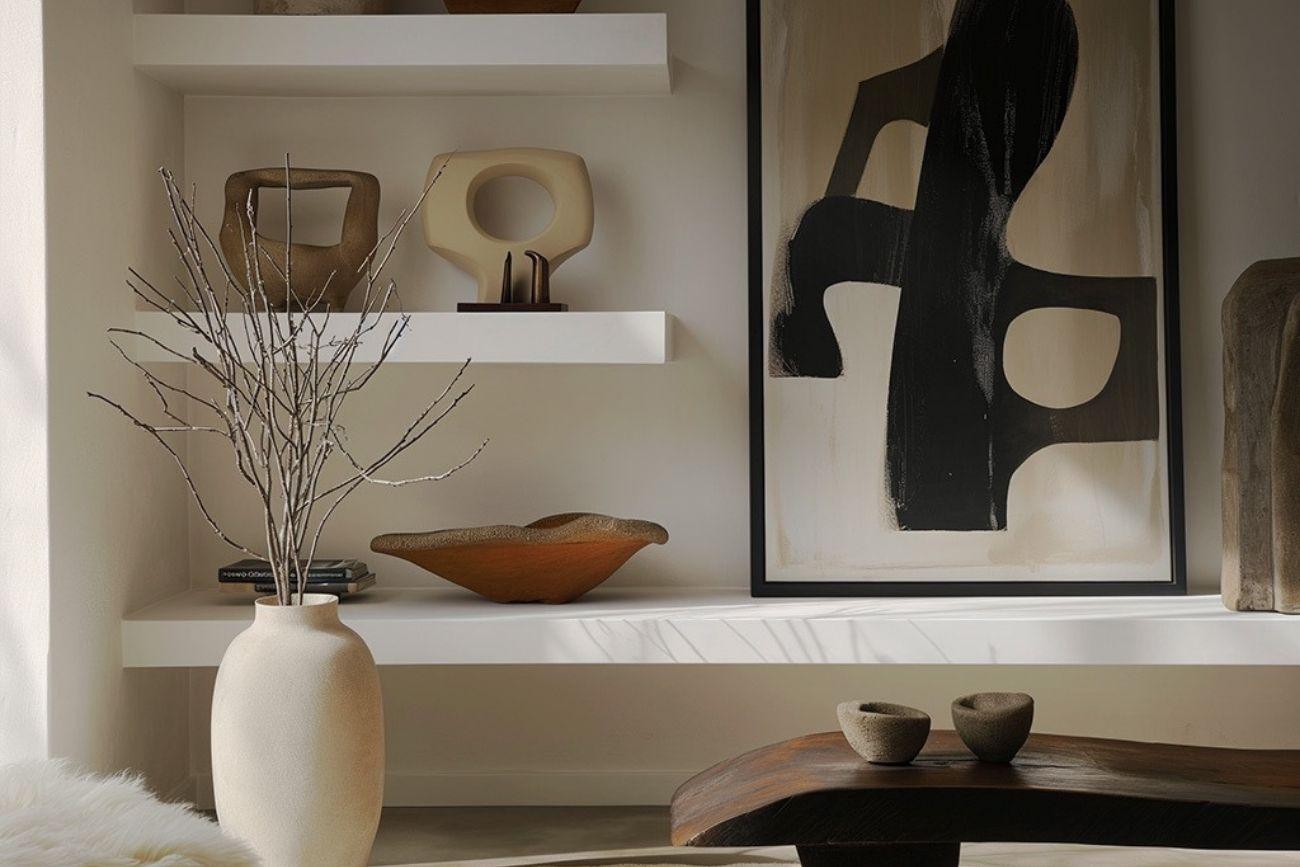
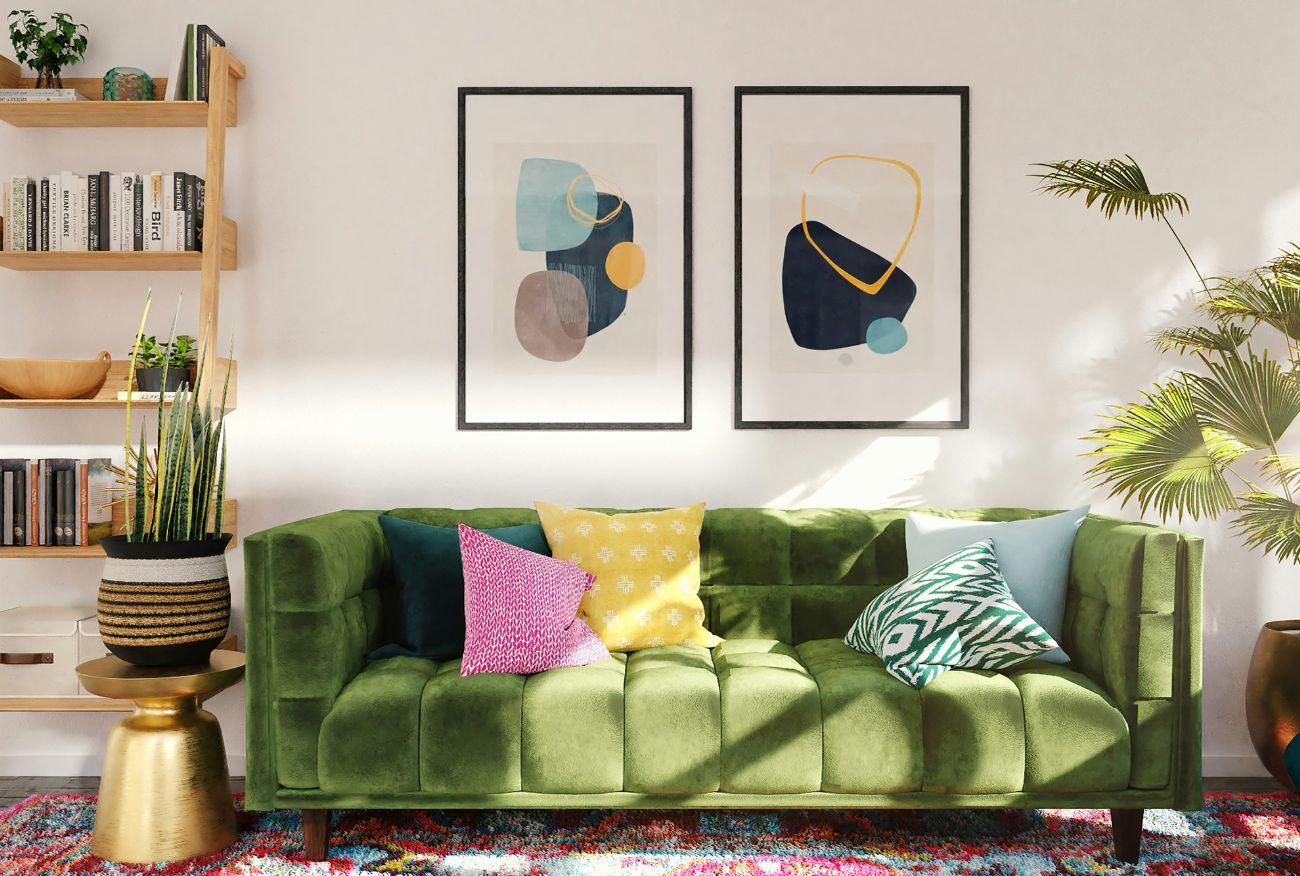
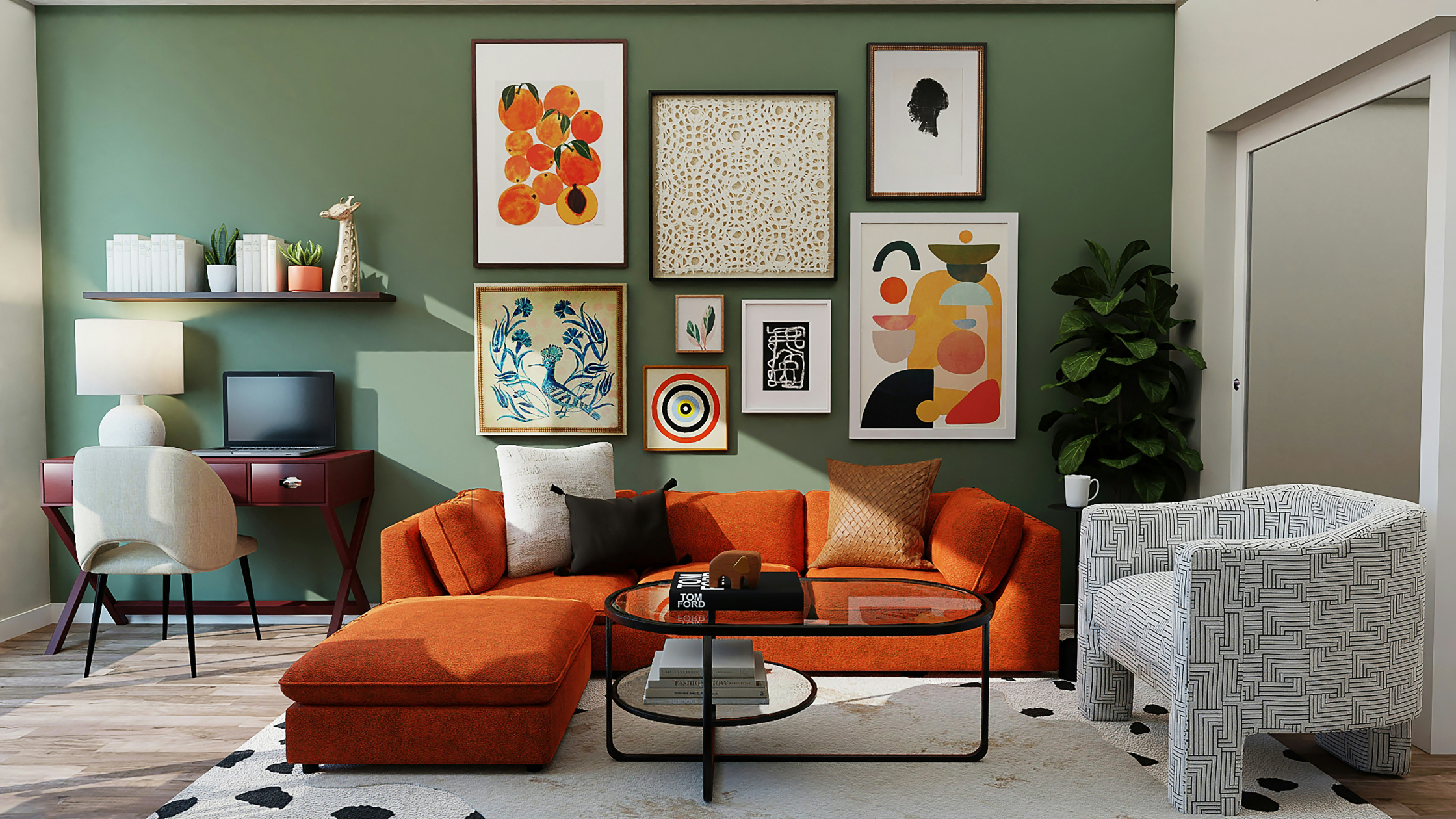
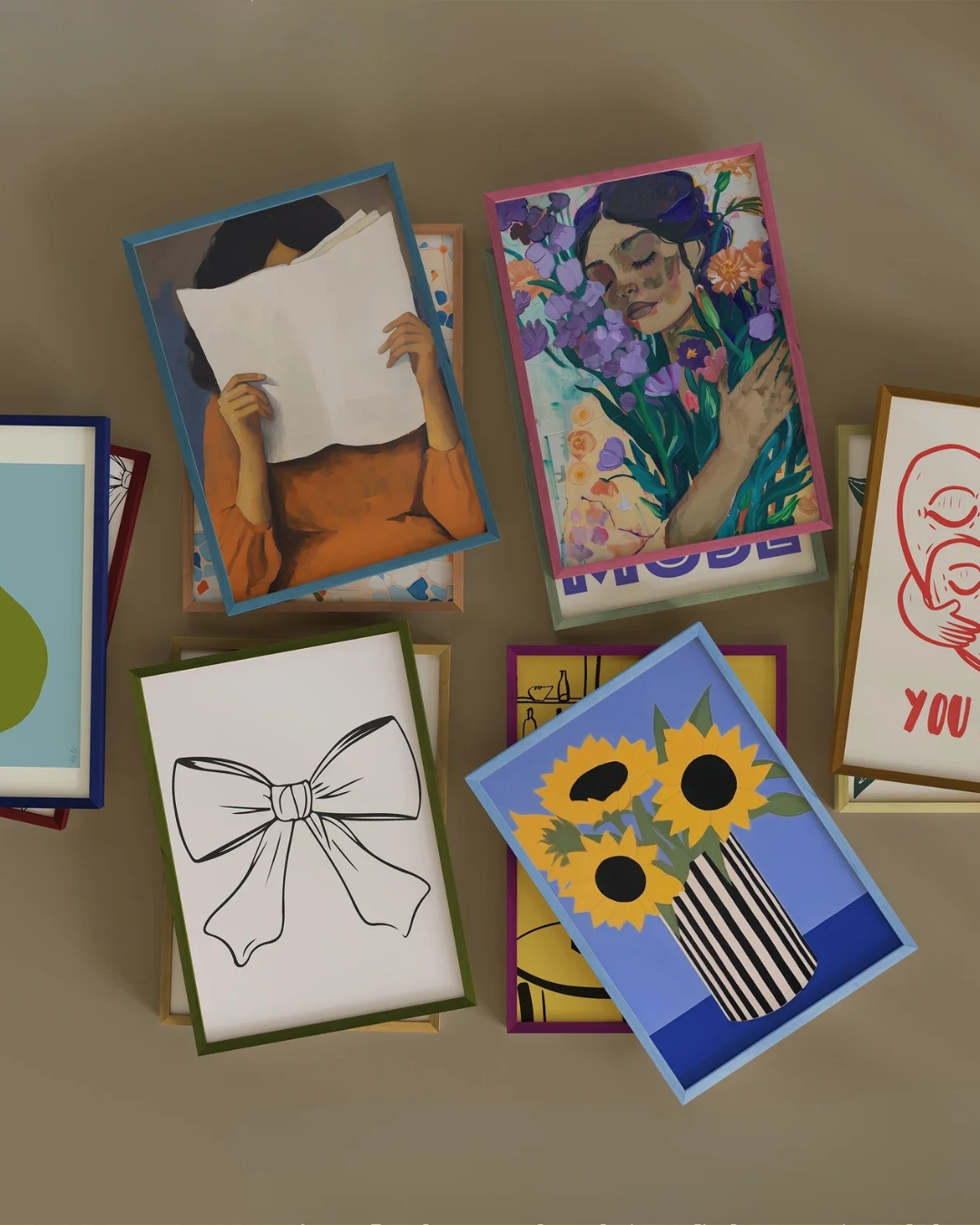
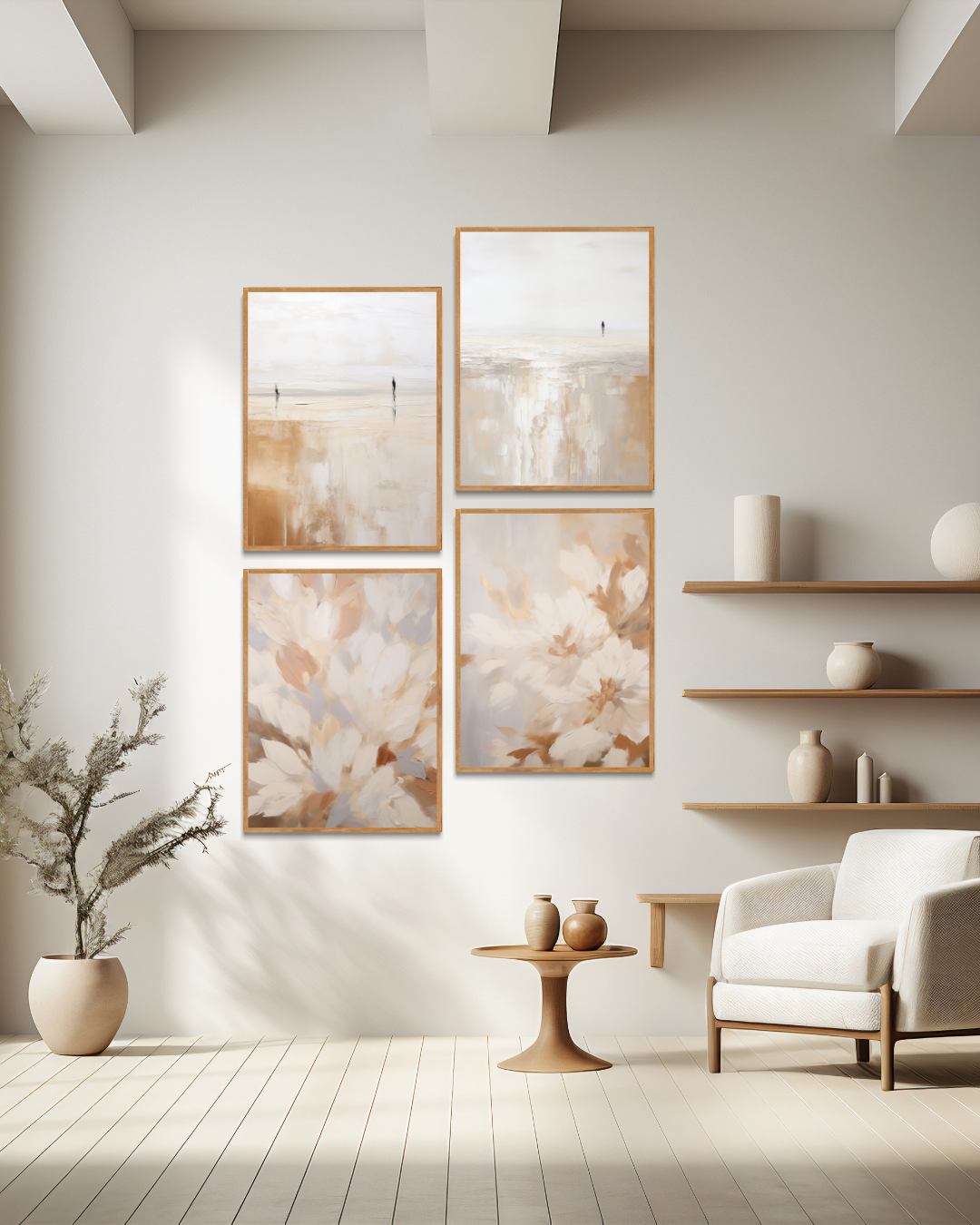
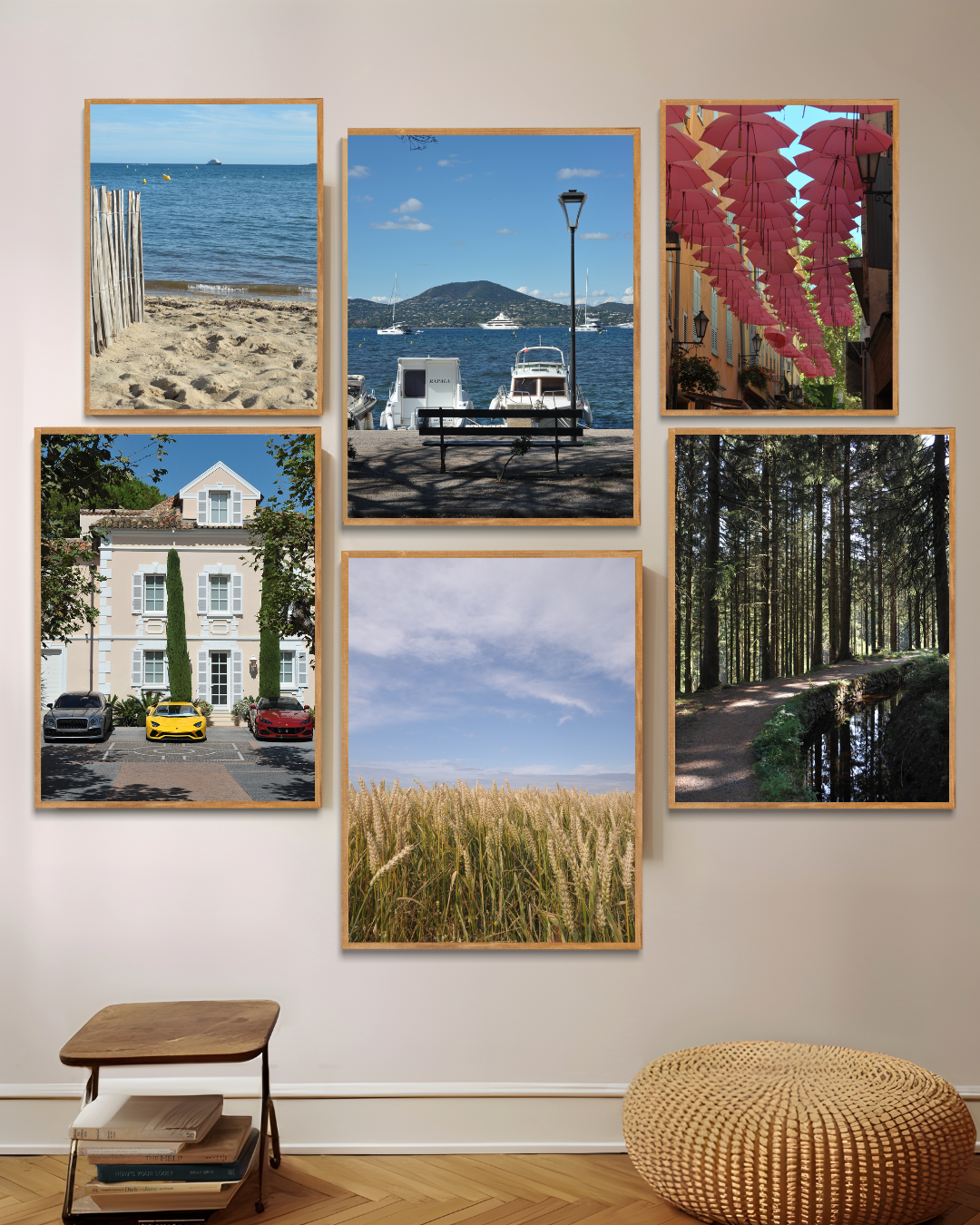
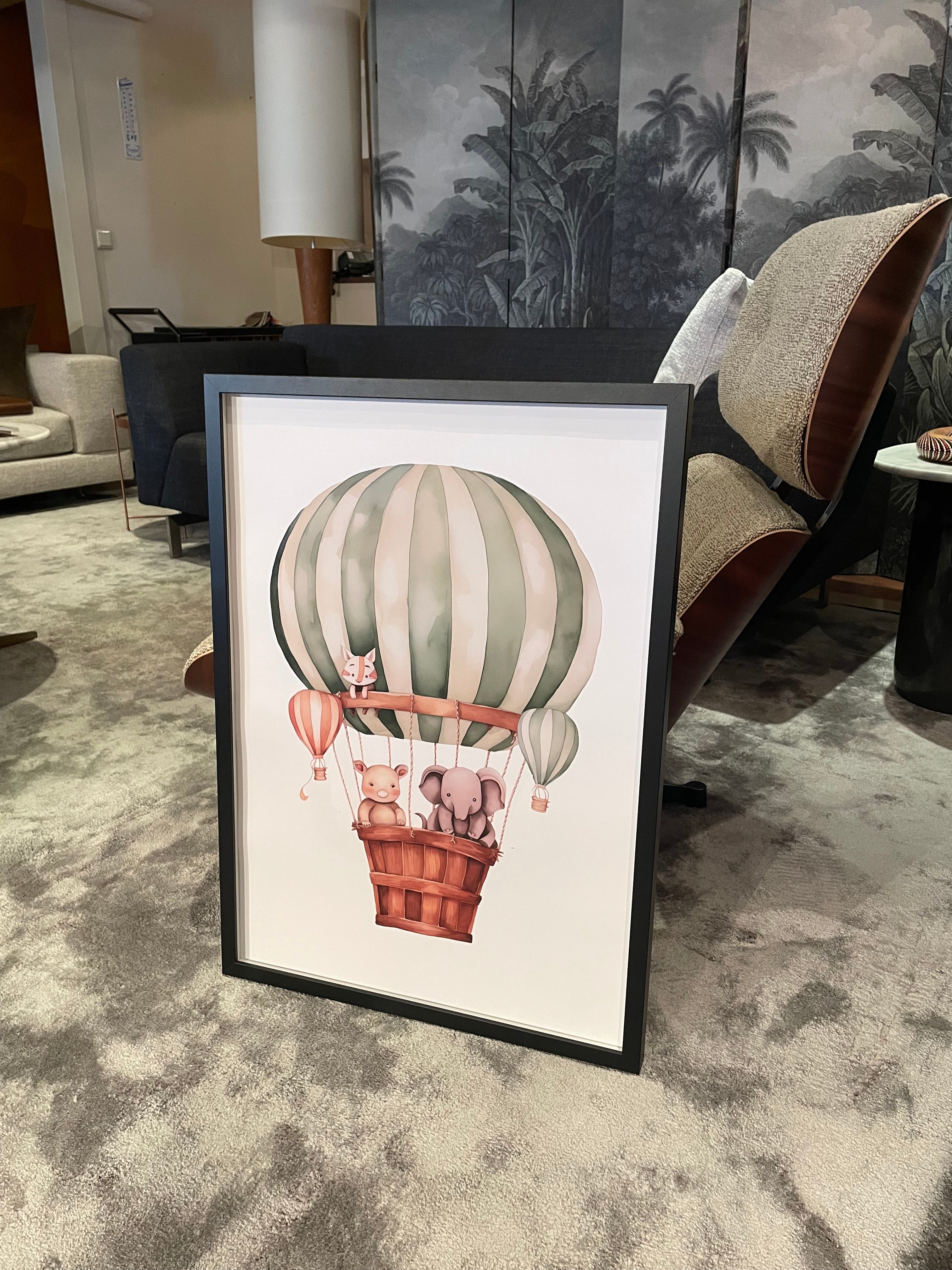
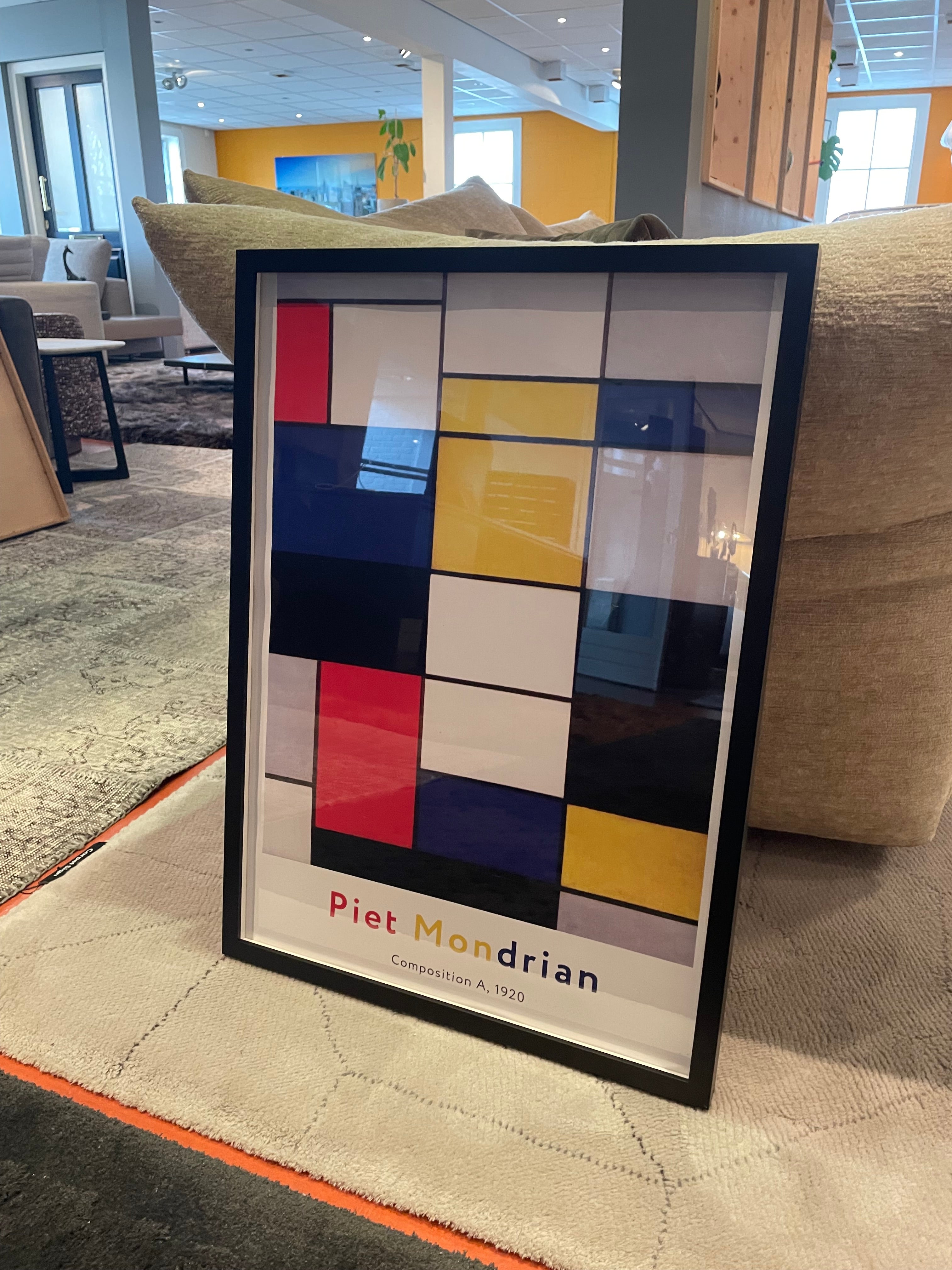
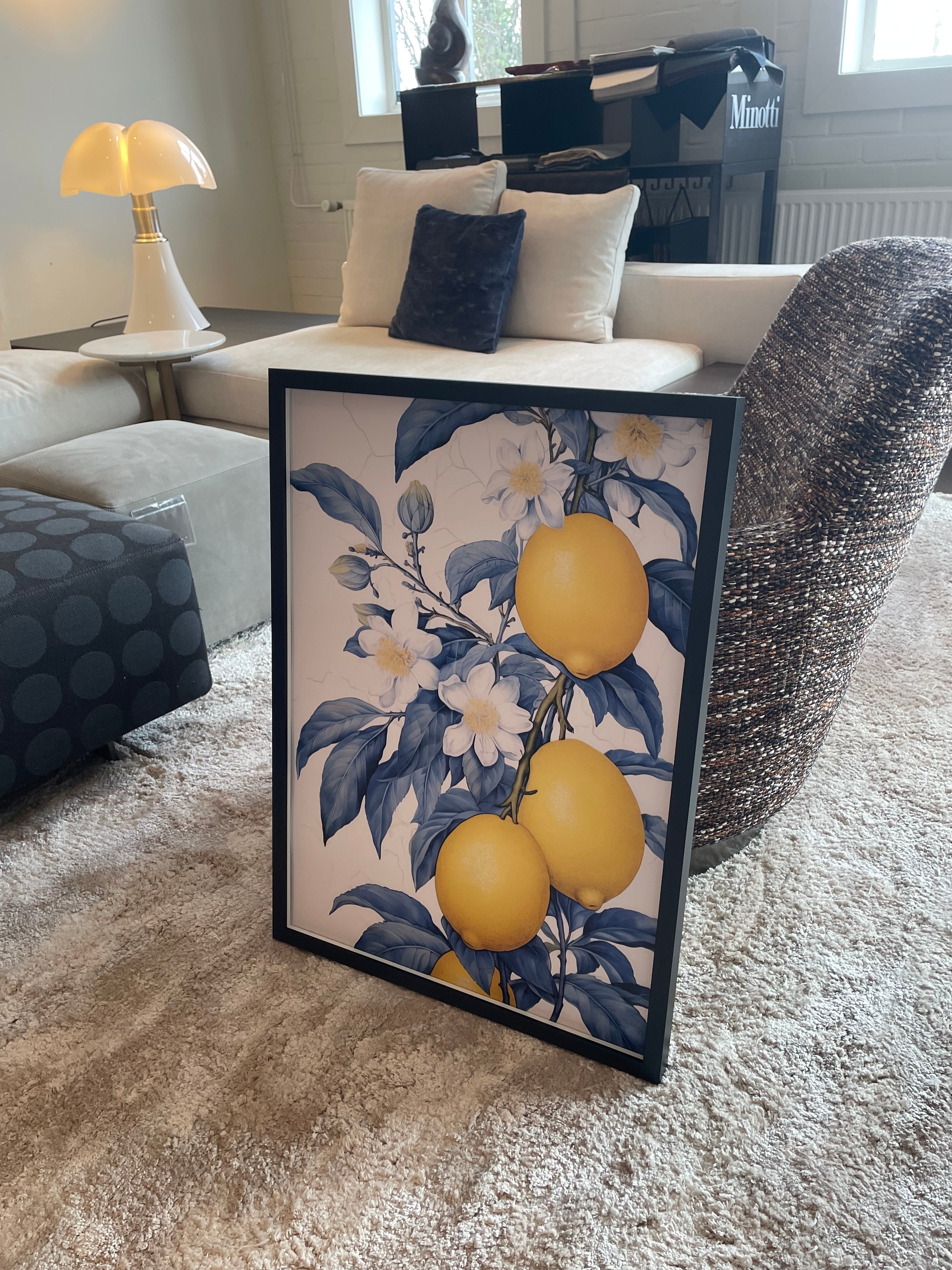
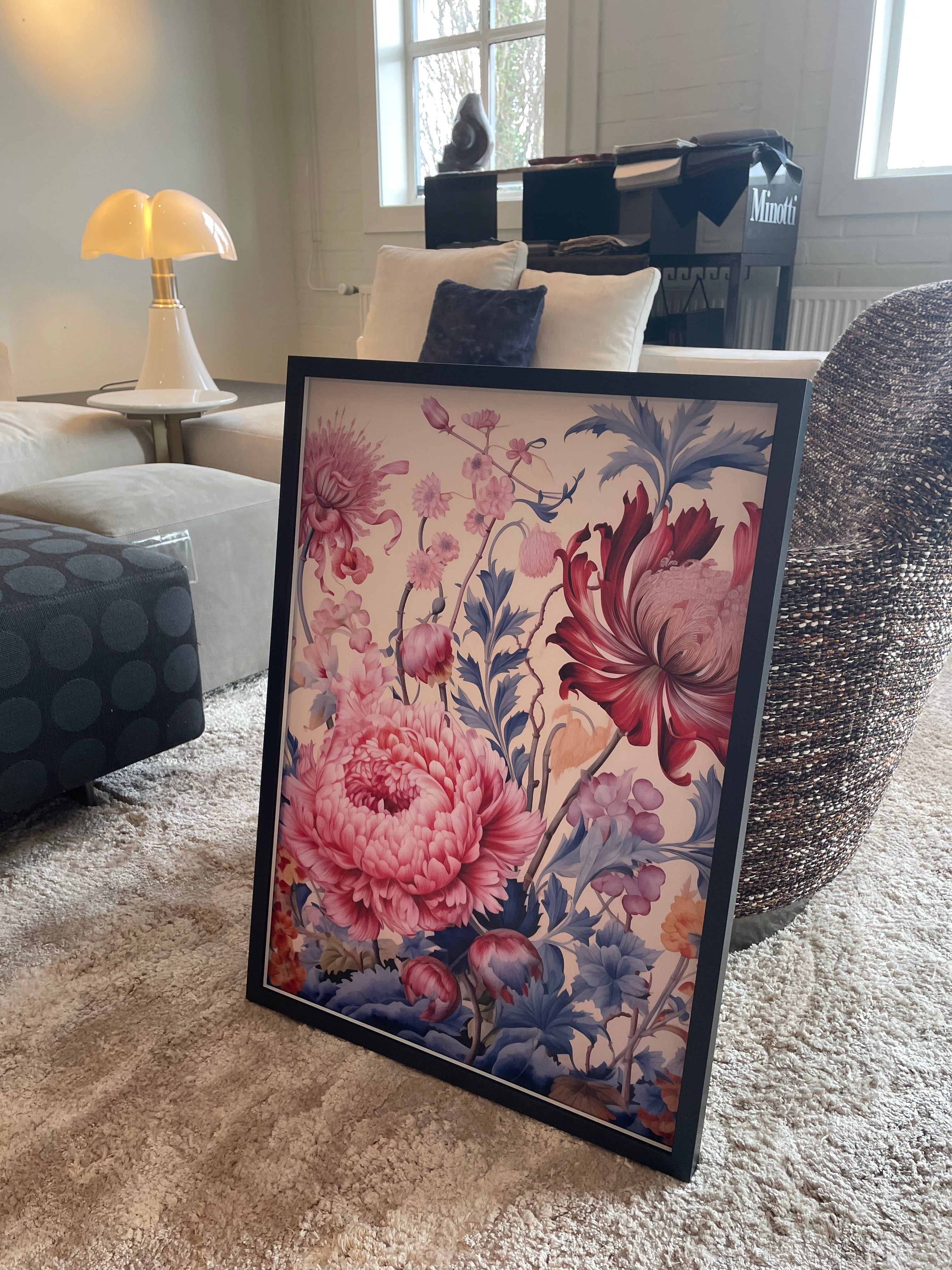
Leave a comment
This site is protected by hCaptcha and the hCaptcha Privacy Policy and Terms of Service apply.